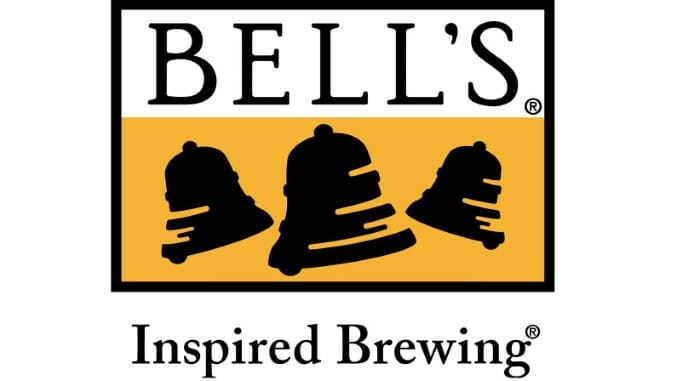Bell’s Brewery Acquired by Kirin-Owned Lion Little World Beverages
Photos via Bell's Brewery
It’s been a little while since I’ve had to begin a news post like this, but another iconic American craft brewery has decided to relinquish its independence and join forces with an international megacorporation. Iconic and beloved Michigan staples Bell’s Brewery, makers of perhaps the country’s most widely loved IPA, Two Hearted, today announced their sale to Australia’s Lion Little World Beverages, itself a subsidiary of Japanese mega-corp Kirin. Bell’s will be joining Colorado’s New Belgium as part of the Kirin-owned stable, after New Belgium was also acquired by Lion in late 2019.
The move coincides with the retirement of industry icon Larry Bell, who founded the brewery in 1985 “and brewed its first beers in a 15-gallon soup kettle.” Speaking at the company’s annual all-employee event, Bell broke the news, saying the following:
“I’m so proud of what we’ve been able to accomplish together,” Bell said. “From our wonderful fans, to the amazing team that has helped share our beer with the world, to the ways we’ve been able to invest in causes we believe in—this has been an absolutely incredible journey. This decision ultimately came down to two determining factors. First, the folks at New Belgium share our ironclad commitment to the craft of brewing and the community-first way we’ve built our business. Second, this was the right time. I’ve been doing this for more than 36 years and recently battled some serious health issues. I want everyone who loves this company like I do to know we have found a partner that truly values our incredible beer, our culture, and the importance of our roots here in Michigan.”
Bell’s daughter Laura Bell previously worked for the brewery for more than a decade, serving as its CEO before she also decided to step away from the beer industry in 2019. In retrospect, this may have been the moment when all hope of Bell’s Brewery remaining independent truly evaporated, as Laura Bell presumably had no interest in inheriting the family business. Meanwhile, all Bell’s locations will be closed Nov. 10 and 11, allowing staff to “reflect on the past year and talk about what’s ahead.”
-

-

-

-

-

-

-

-

-

-

-

-

-

-

-

-

-

-

-

-

-

-

-

-

-

-

-

-

-

-

-

-

-

-

-

-

-

-

-

-

 Possibly the most iconic of all craft brewery IPAs in the modern era.
Possibly the most iconic of all craft brewery IPAs in the modern era.






































